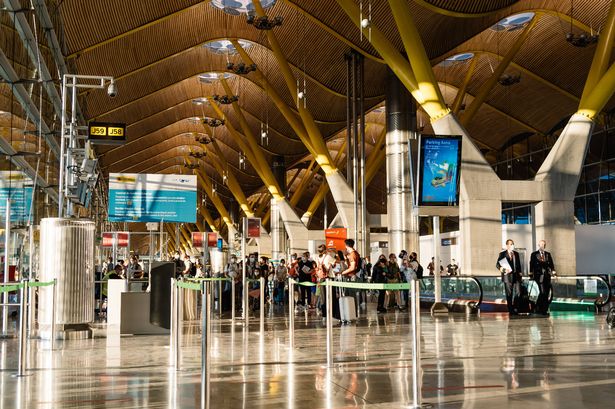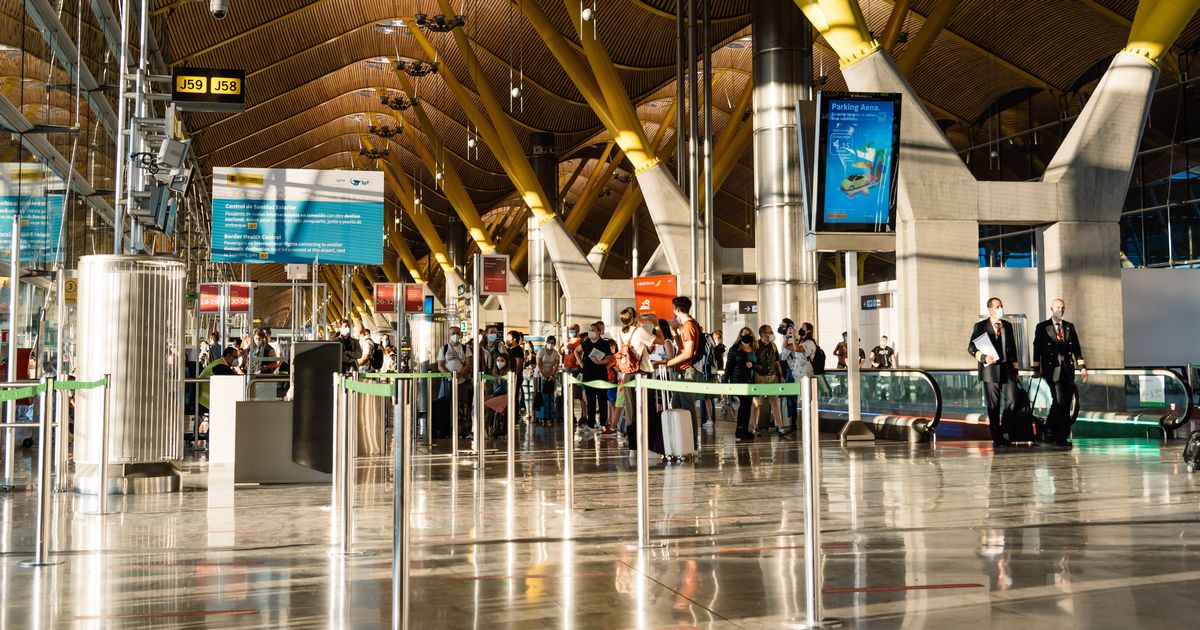The fee will have to be paid for every eligible traveller in your group The fee is also coming into force for Italy, Croatia and many other countries(Image: JJFarquitectos via Getty Images)
The fee is also coming into force for Italy, Croatia and many other countries(Image: JJFarquitectos via Getty Images)
UK and other non-EU travellers will soon have to pay for entry into 30 European countries as part of a new travel scheme. Due to Brexit, UK passport holders will need to register with the European Travel Information and Authorisation System (ETIAS) to gain access to certain European nations.
The ETIAS travel authorisation is an entry requirement for visa-exempt nationals visiting a select group of 30 European countries. With a valid ETIAS travel authorisation, travellers can enter these European countries as frequently as desired for short-term stays, typically up to 90 days within any 180-day period.
Originally, an ETIAS was expected to cost 7 euros per person, but now EU bosses have said the travel permit will be almost triple that, at 20 euros per eligible traveller.
Travellers aged under 18 or over 70 are exempt, so for a family of four travelling with two children, the cost would be 40 euros.
The scheme has been pushed back a few times, and, earlier this year the EU’s Directorate-General for Migration and Home Affairs estimated that the ETIAS will be introduced in the final quarter of 2026.
There will then be a grace period, so applying for an ETIAS will not become compulsory until 2027, reports the Liverpool Echo.
The ETIAS is stored electronically against the passport and will be necessary for travel to the following countries: Austria, Belgium, Bulgaria, Croatia, Czech Republic, Denmark, Estonia, Finland, France, Germany, Greece, Hungary, Iceland, Italy, Latvia, Liechtenstein, Lithuania, Luxembourg, Malta, Netherlands, Norway, Poland, Portugal, Romania, Slovakia, Slovenia, Spain, Sweden, and Switzerland.
Additionally, the same regulations will be in place for Cyprus once it becomes part of the Schengen area.
While most applications are anticipated to receive approval “almost immediately”, there could be instances where an ETIAS request is declined due to reasons such as an invalid passport, being deemed a “risk”, having a Schengen Information System (SIS) alert, submitting an incomplete application, or failing to attend a required interview.
In case your ETIAS application is rejected, you have the right to appeal against the decision.
The news comes as Germany has agreed to allow some arriving UK airline passengers to use passport e-gates at its airports by the end of August, the Cabinet Office has announced. This will initially be available for frequent travellers.
Access for all UK nationals will be possible once Germany has completed updates to its entry systems as it introduces the EU’s long-delayed Entry/Exit System (EES).
The deal forms part of a bilateral treaty signed by Prime Minister Sir Keir Starmer and German Chancellor Friedrich Merz on the latter’s first official visit to the UK.
